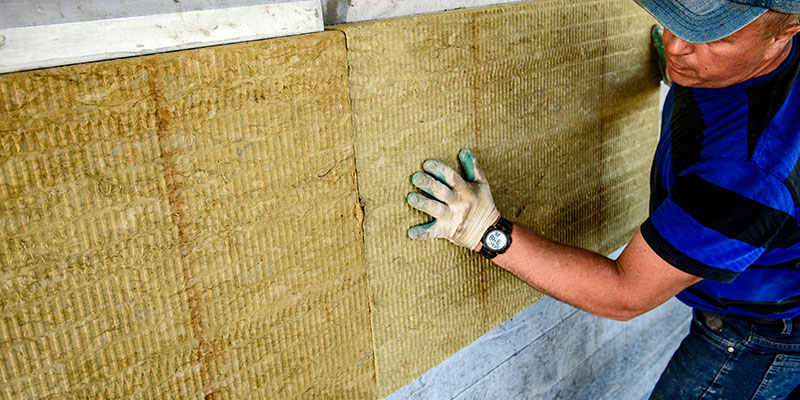
Common Questions & Answers about Home Insulation
There are many questions you should know the answer to before starting an insulation project. Home insulation is becoming more important every year. With rising energy costs and ever-increasing carbon emissions, home insulation is fast becoming the go-to solution to mitigate both problems.
With over 20 years of experience, we have been asked pretty much every question there is. This article will narrow down some of the most common home insulation questions we receive on a daily basis to help you know what you need before beginning your project.
Q: What are the Most Obvious Benefits of Insulation
This is a fundamental question, to begin with, and to help homeowners understand the great benefits they can potentially have when insulation is installed in their homes.
- Thermal Insulation
One of the core benefits of insulation will be the thermal properties that come with it. It does exactly what it says on the tin, insulation is to provide better thermal capabilities for your home.
Throughout winter, insulation better retains heat within the walls of your home, while in summer, insulation can help prevent heat from entering your home. Therefore, all year round, your insulation will be providing you with a better living experience and comfort.
The effectiveness of the thermal properties will depend on the type of insulation product you choose.
- Soundproofing
Another core benefit of having home insulation is the soundproofing qualities you get. Depending on the type of insulation material used in your home, you can better soundproof areas of your property. This can be particularly useful if you are working from home or live in a noisy area.
- Money/Energy Saving
The better insulation you have, the less energy you will need to use. If your home retains heat really well throughout winter, then you do not need to rely so much on your energy-consuming applications, such as radiators.
By using less energy, you will simultaneously be spending less on your energy bills every month. With the recent rising in the cost of energy, this can help save you a lot of money.
The added bonus of using less energy is also the fact that you will reduce your carbon footprint, creating a more sustainable future and preservation of the environment. Now, you may think, as just one person, how can this make a difference, but if everyone across the world reduced their carbon footprints, then it would make a huge difference.
Q: Where should Insulation be Installed?
The most common areas for home insulation are:
- External Solid Walls
- External Cavity Walls
- Internal Walls (such as Stud Walls)
- Pitched Roofs
- Flat Roofs
- Floors
After assessing your property, insulation specialists will be able to recommend the exact areas of insulation for your home that will benefit you.
Q: What is U-Value?
The U-Value is a measurement of the rate of heat transference through a structure. It considers all three heat types, conduction, convection and radiation, to make an informed calculation of your property’s thermal capabilities.
The formula for the U-Value is:
U-Value = 1/R-Value + (Convection Heat losses + Radiation Heat Losses)
Whereby the “R-Value” measures the conduction heat type.
You can learn more about this type of technical insulation terminology here.
Q: What should I consider when Choosing Insulation Products?
- Thermal Performance
The thermal capabilities differ depending on the insulation material used. As this is one core feature of having insulation, it is good to know the thermal performance of each product you are interested in.
- Fire Safety
If this is a concern of yours, then there are certain products that will definitely benefit you more than others. For example, fibreglass could be a good product for you if fire safety is a major concern in your household. Fibreglass is naturally fire resistant and therefore can be a worthy product to consider.
- Cost
Insulation costs can greatly differ depending on the type of product you want, the area of your home for the installation, and the process of installation required. Products that have the best thermal performance that needs to be installed in difficult areas and require expertise for installation can be costly.
Although, any insulation cost may eventually be offset by the money-saving from consuming less energy every month.
- Sound Performance
If soundproofing is the main objective for your home insulation project, then there are a variety of different types of insulations that can best meet this requirement.
For example, fibreglass can also produce great soundproofing qualities that can meet your demands.
- Durability
The lifespan of insulation can vary greatly depending on the material used, the condition of your home and its treatment after installation.
For example, if your home is subject to very wet weather conditions, it would be wise to invest in an insulation product that doesn’t allow the build-up of moisture and mould. Otherwise, any other insulation you place in your roof space may lack durability and quickly become ineffective.
Once your insulation becomes ineffective, all the benefits you once had will quickly disappear.


